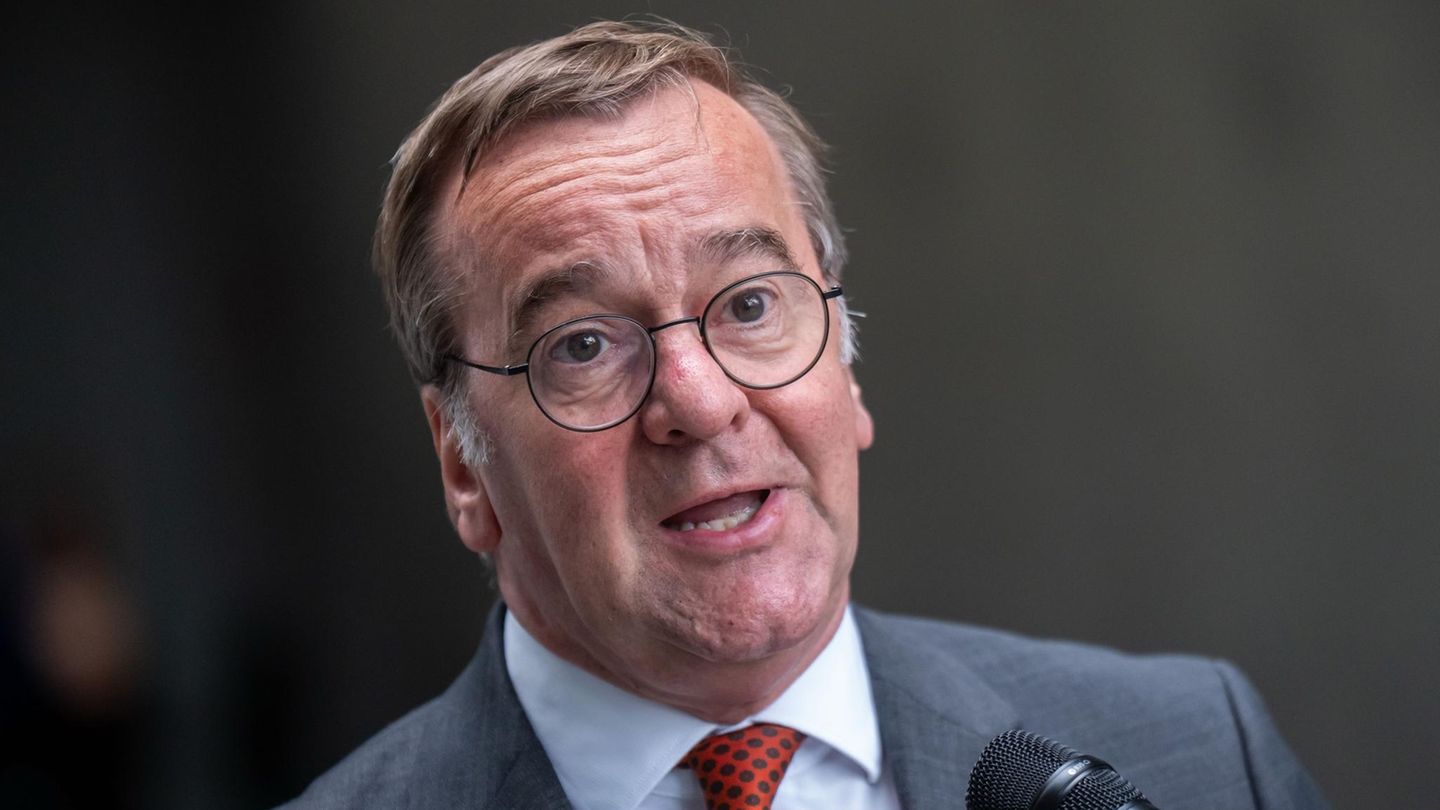Menu
World trade: EU and Mercosur want to pave the way for a huge free trade zone
Categories
Most Read
Oil falls in international markets to its lowest level since May
October 14, 2025
No Comments
Federico Sturzenegger announced that there will be a quite unprecedented trade agreement with the US
October 14, 2025
No Comments
Toys: Bookseller Thalia wants to open her own toy shops
October 14, 2025
No Comments
ARCA modifies the procedures of the information system for agricultural producers: what are the changes?
October 14, 2025
No Comments
how to access in just one step
October 14, 2025
No Comments
Latest Posts

Opposition victory in Cameroon election?
October 14, 2025
No Comments
Opposition candidate Issa Tchiroma Bakary (79) declared himself the winner. Long-time president Paul Bija (92, left) with his wife Chantal The 79-year-old announced on Tuesday:

Compulsory military service: SPD surprisingly drops compromise
October 14, 2025
No Comments
Coalition dispute Scandal over military service: Pistorius lets Union appear Listen to article Copy the current link Add to wishlist On Tuesday afternoon, the Union

Tension due to the shortage of pesos: the Treasury must choose between validating very high rates or releasing liquidity to the market
October 14, 2025
No Comments
Short rates in pesos once again register a marked bullish pressure in the midst of a context of strong illiquidity in the financial system. In
24 Hours Worlds is a comprehensive source of instant world current affairs, offering up-to-the-minute coverage of breaking news and events from around the globe. With a team of experienced journalists and experts on hand 24/7.

